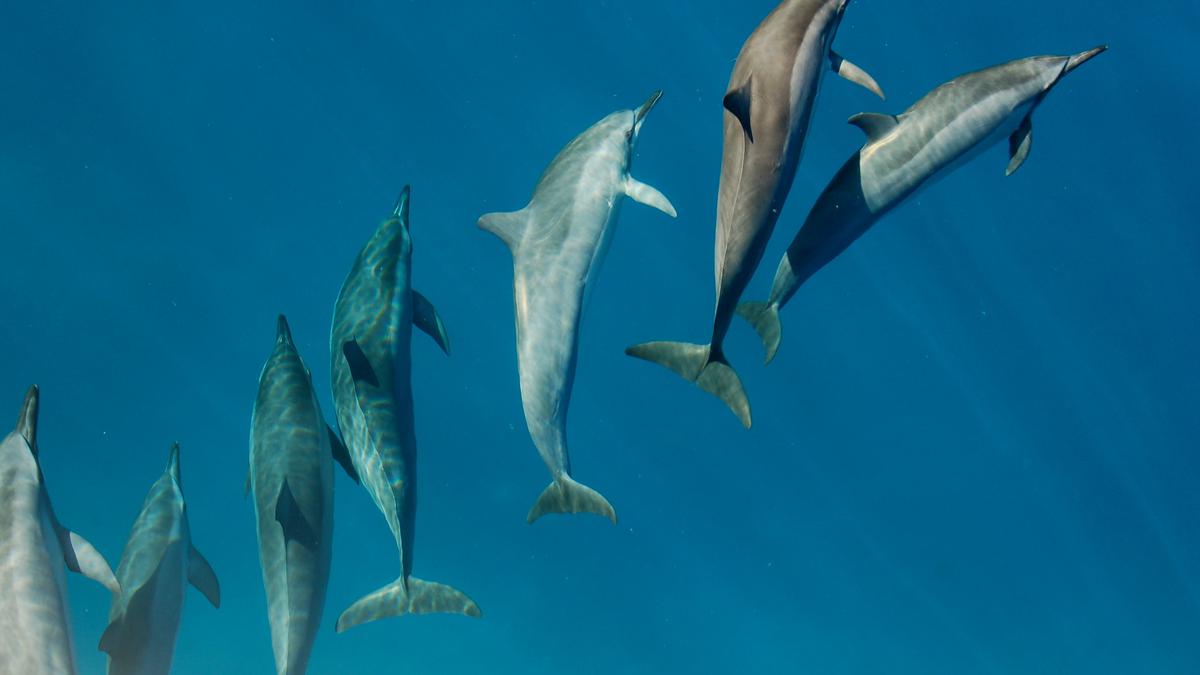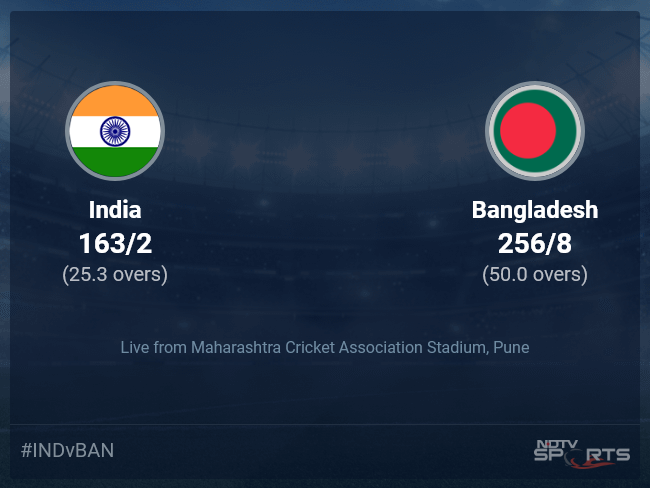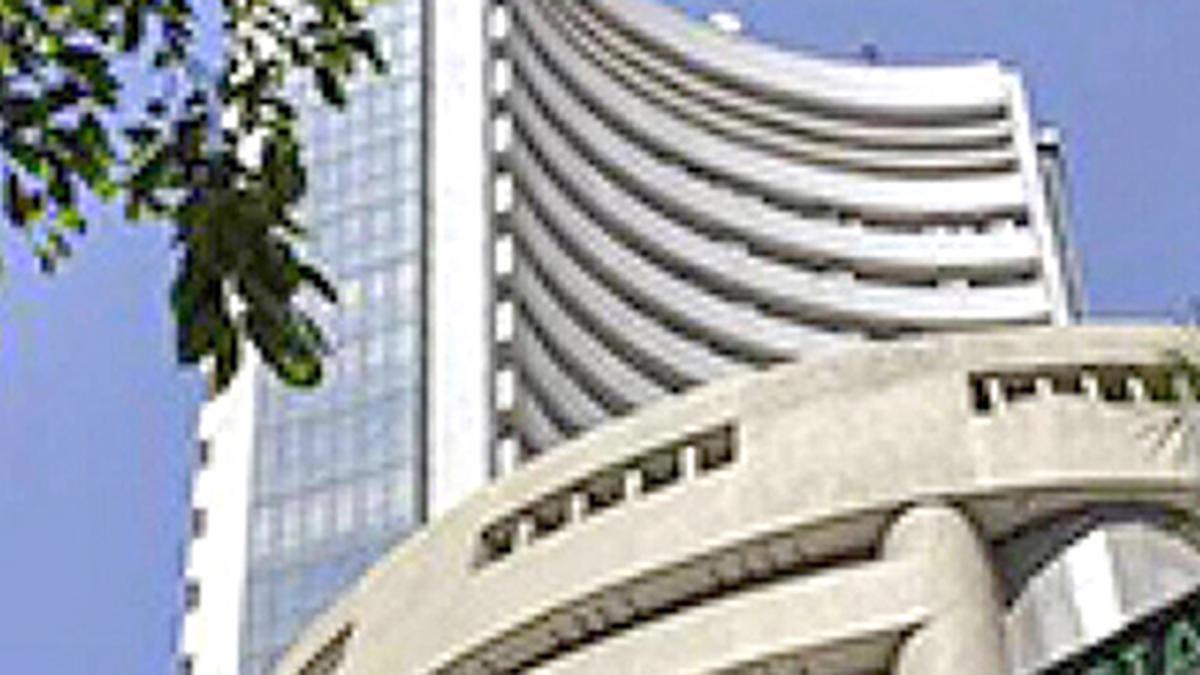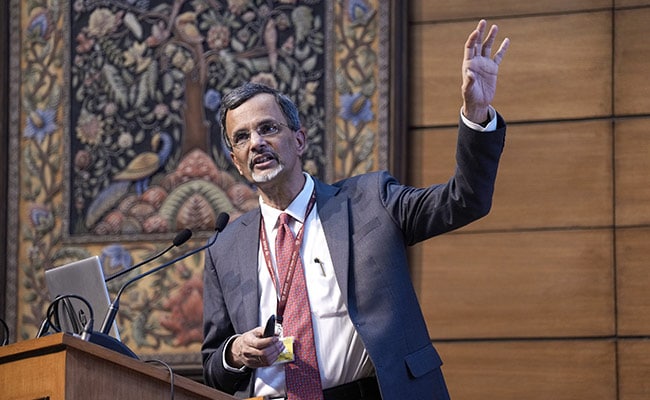The Union Budget 2023 incentivised domestic tourism for the middle class, announcing sector-specific skilling and entrepreneurship development to achieve the objectives of the Dekho Apna Desh initiative. Image for representation purpose only.
| Photo Credit: H.S. Manjunath
Upto 50 new tourist destinations will be developed; an information-driven app will be created for tourists; and ‘’Unity Malls” will be set up in State capitals to showcase handicrafts and products with geographical indication (GI) status. These are among the slew of measures announced in the Union Budget for promotion of tourism that will go into “mission mode”, said Finance Minister Nirmala Sitharaman, as she presented the Budget in Parliament on February 1.
There was, however, no increase in Budget allocation which remained at ₹2,400 crore as last year.
Explained | Budget 2023: How is money allocated and where does it come from?
These 50 destinations would be selected through a challenge, and developed as a complete package, using an integrated and innovative approach. The mobile app will provide tourist-friendly information like physical and virtual connectivity, and details on tourist guides, amongst other guidance. A high standard of street food would be ensured, to enhance the tourist experience, Ms Sitharaman said.
The Budget also incentivised domestic tourism for the middle class, announcing sector-specific skilling and entrepreneurship development to achieve the objectives of the Dekho Apna Desh initiative. The scheme was launched as an appeal to the middle class to pick domestic destinations over international ones.
Under another scheme, the Vibrant Villages Programme, tourism infrastructure and amenities will be facilitated in border villages.
The Finance Minister said states will be encouraged to set up a Unity Mall in their state capitals, or the most prominent tourism centre, or the financial capital. These malls would work towards the promotion and sale of each State’s own ODOP (one district, one product) and other handicrafts. They would also provide space for such products of all other States.
“The country offers immense attraction for domestic as well as foreign tourists. There is a large potential to be tapped in tourism. The sector holds huge opportunities for jobs and entrepreneurship for youth in particular. Promotion of tourism will be taken up on mission mode, with active participation of States, convergence of government programmes and public-private partnerships,” she said.
Stakeholders in the tourism sector, however, had mixed reactions.
“While we are thankful that the Finance Minister has touched upon developing tourism on a mission mode along with destination development, the Indian tourism, travel and hospitality industry was keenly looking forward to getting the vital infrastructure status, to be treated at par with merchandise exports and to have gotten enhanced support to tourism for global marketing,” Nakul Anand, Chairman, Federation of Associations in Indian Tourism and Hospitality (FAITH), said.
Rajiv Mehra, President, Indian Association of Tour Operators (IATO), said measures like development of tourism infrastructure at border villages and the development of 50 tourist destinations was very encouraging, as these would help in the growth of domestic and international tourism in India. He, however added, “None of our demands like rationalization of GST [goods and services tax] on tourism industry, exemption of GST on foreign exchange earnings and refund of tax on shopping under Tax Refund to Tourist (TRT) Scheme on shopping, for which there is already a provision in the GST Act, have been considered”.








